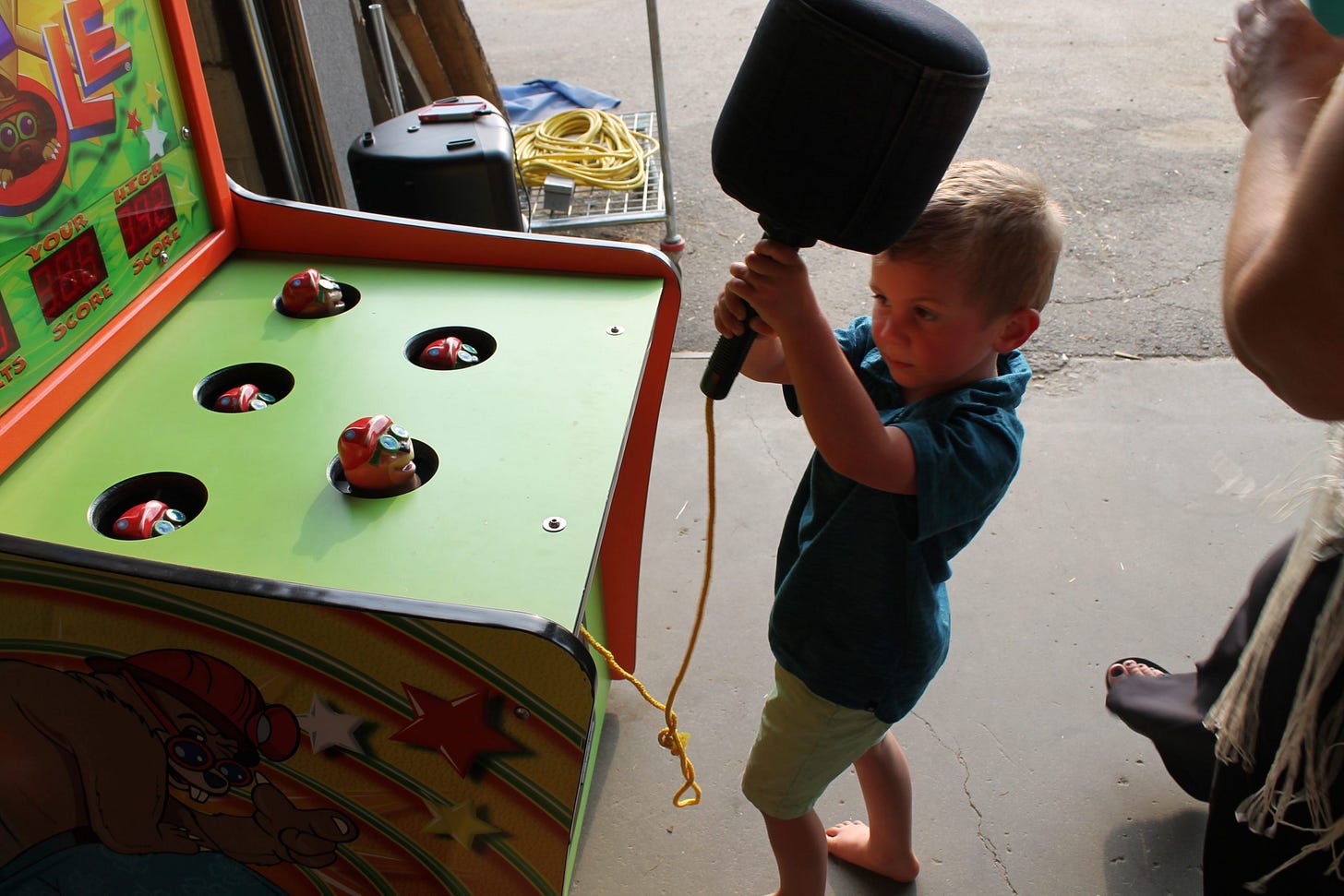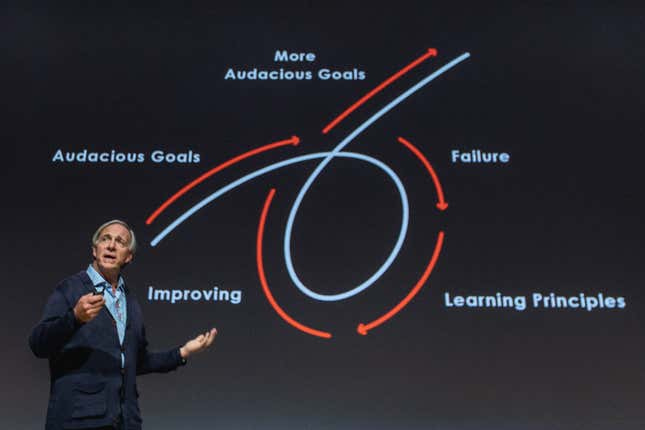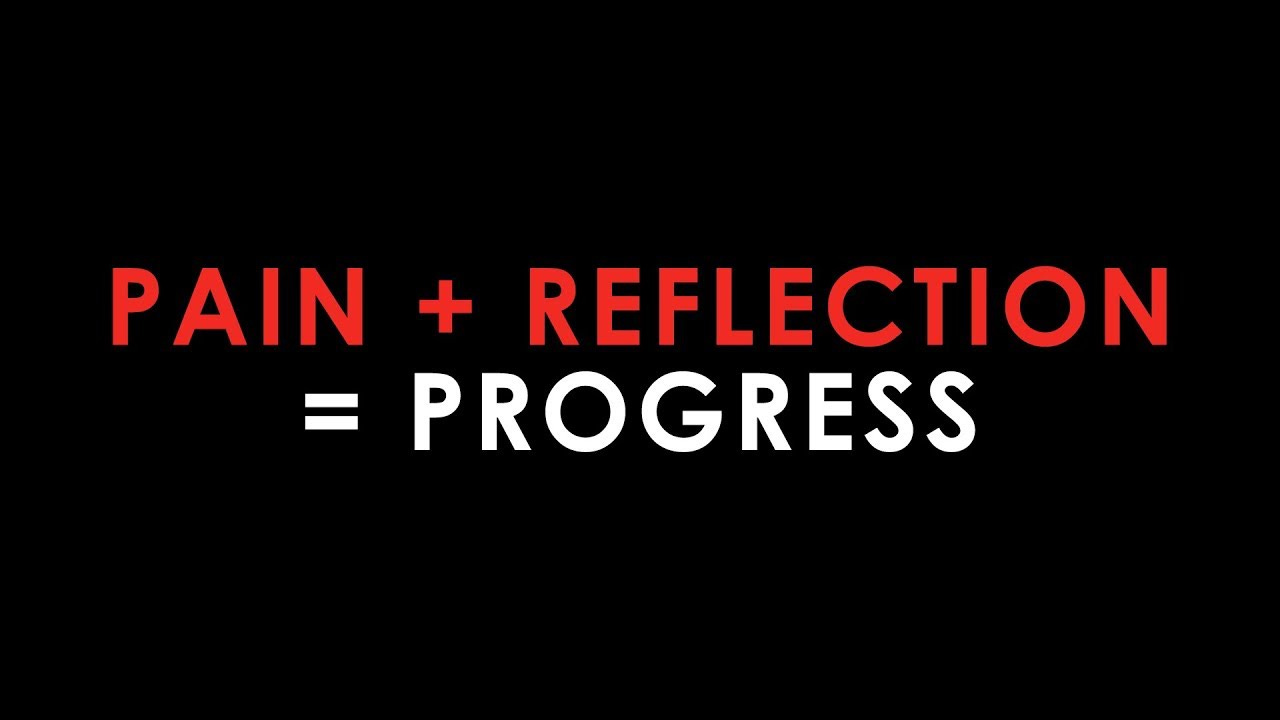You should want to fail more
We all have a tendency to avoid difficult things.
Sometimes because we are lazy (not me putting all the things I don't want to do at the bottom of my to-do list) or because we are afraid of the outcome. When you're working on something new or innovative, there's usually a lot of these things. You don’t know if your idea will work. You don’t know if people will use the product. You don’t know if your solution is possible.
Building a startup is often a series of derisking experiments, trying to solve these hard problems until you reach product-market fit. Then you’re faced with a whole new set of challenges.
At the Moonshot Factory, they call this tackling the monkey.
Imagine you have three weeks to teach a monkey to recite Shakespeare while standing on a hand-carved pedestal. How would you divide your time and attention? When you have limited resources (time, money, attention) it's helpful to start with the hardest problems first. This ensures you have enough resources to actually work through the challenges.
There is an approach in decision-making called fast and frugal trees which suggests that for many decisions, knowing one key variable is enough to make a decision. For ER doctors who need to triage patients between general and coronary care, they start by looking for a key factor: changes to the ST Segment. This is a specific portion of the ECG (think heart scan) that is usually flat. If there are changes, it often indicates the presence of a heart condition and can help doctors diagnose and treat it. When trying to make decisions quickly, this is the most important factor and where the ER doctors might start to move faster.
The same is true for tackling the monkey.
Some aspects of the problem are so big, that if you can't get it right, don't bother with the rest. There's no point in having a website if the solution is technically infeasible. Sooner or later you’re going to have to face reality and try to solve the hard problems.
So stop putting off the inevitable and tackle the monkey first.
Failure = learning
When we tackle the monkey, you might not like what you find. Your current approach could be the wrong one and you need to start over. It can feel like wasted work to some, but to others it’s valuable.
These mistakes provide the seeds of growth and learning.
I have not failed 700 times. I have not failed once.
I have succeeded in proving that those 700 ways will not work.
When I have eliminated the ways that will not work, I will find the way that will work. (Thomas Edison)
Having a fear of failure prevents us from trying new things. But I have some good news. Avoiding failure is a learned behaviour.
We are born with a growth mindset and want to learn from failure. Each mistake allows us to get better. It’s how we experience new things.
Imagine being born already afraid of failure. When you tried to walk as a baby and experience your first fall, you would just give up and stop trying. Maybe walking isn’t meant for you. We would have a civilization of crawling adults!
It’s not until we get older that society tells us that failure is bad. Schools punish us for failing. We slowly build up this mental model that failure should be avoided at all costs.
My hunch is that part of this comes because of the narratives we have been told. Movies and books give us a straight-line story. They provide what seems like a linear path to success when reality is messy and fraught with failure. As Steve Jobs said, “You can't connect the dots looking forward; you can only connect them looking backwards.”
If you want to do something new, something interesting, failure is part of the path.
The entrepreneurial stories we are seeing lately are changing and have been introducing failure and challenges as norms. I'm not sure how much it's helping, but it's useful to realize that doing important things is hard. And just because you find it difficult doesn't mean it's not meant for you.
The people at the top of their field didn’t get there by not making mistakes. They got there by learning from each of them and getting better. If there’s a secret hiding in plain sight about growth and success it’s to reflect on your failures and make a change. Ray Dalio calls this Pain + Reflection = Progress.
It’s that simple. If all you ever do is learn from your mistakes and aim to be a little better each time, you’ll be miles ahead of the pack.
So instead of trying not to fail, ask yourself what you’re going to do differently next time.
Moonshot Company of the Week: Universe Energy
As we electrify the world there are an increasing number of batteries in the world that are being disposed of. The problem? They aren't exactly recyclable or easily reusable. And creating new batteries is harmful to the environment and not sustainable for the amount we will need.
🤔 What if old batteries could be used to create a new modular grid system?
Universe Energy is taking batteries from electric vehicles and using robots to disassemble them for far cheaper. Through a combination of robotics and machine vision, Universe can identify the type of battery they are working with and determine how to safely repurpose or reuse it. From there, they categorize the battery's health and turn them into a modular low-cost grid system.
This increases the number that can be recycled and repaired, resulting in fewer going through the expensive process of breaking down into raw materials. This could replace the need for mining new batteries as we can reuse old batteries far more effectively. With the moves to electric and clean energy, we are going to see a lot of these second-order businesses pop up as we face a new set of challenges.
✌🏼






"Tackle the monkey first." Great insights!